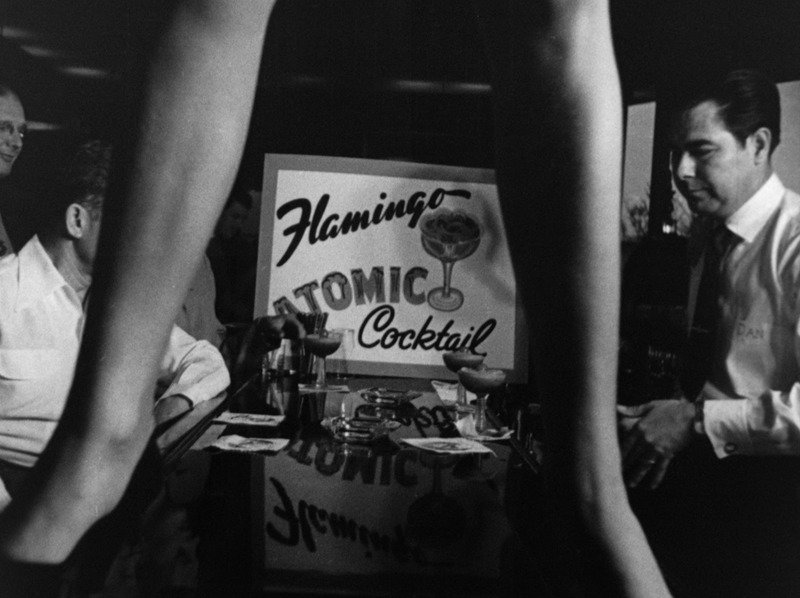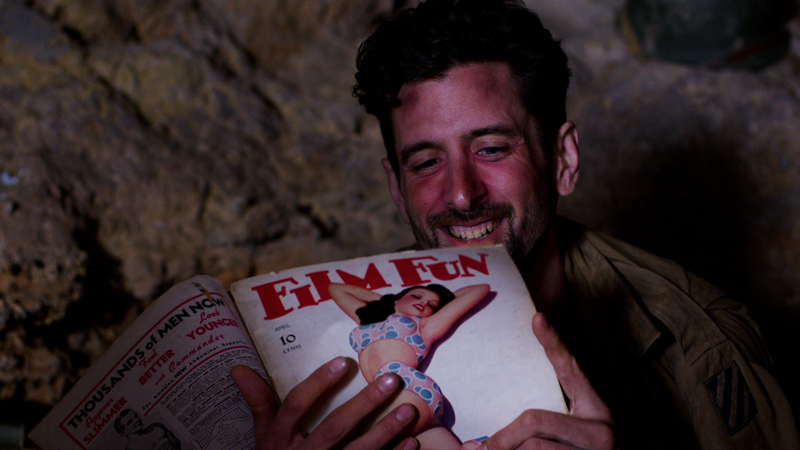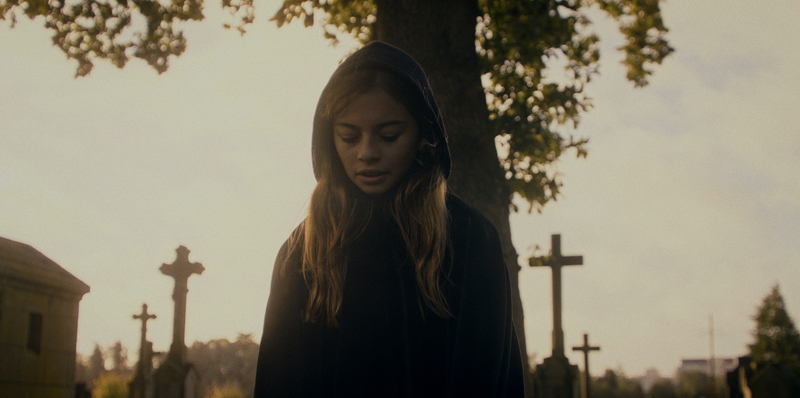
Nationalism and Fear: the Fabric of Propaganda
MOVIE REVIEW
The Atomic Cafe
–
Genre: Documentary, History
Year Released: 1982, 2018 Kino Lorber Streaming/Physical Media
Runtime: 1h 28m
Director(s): Jayne Loader, Kevin Rafferty, Pierce Rafferty
Where To Watch: available now to stream www.kinonow.com, or buy on Blu-ray/DVD here www.kinolorber.com, or www.amazon.com
RAVING REVIEW: THE ATOMIC CAFE explores America's pursuit of nuclear prowess in the mid-20th century. This gripping narrative, masterfully steered by Kevin Rafferty, Jayne Loader, and Pierce Rafferty, delves into various historical artifacts to encapsulate a telling period in America's past. If you’ve seen or are planning on watching Christopher Nolan’s OPPENHEIMER, I beg you to watch this as well. This film offers an unfiltered reality of the “fallout” from Oppenheimer’s work and more.
In this 1982 documentary, the directors use historical moments and compelling testimonies to navigate the viewer through the epoch of nuclear power. The narrative reveals the use of fear and bias as a powerful tool to legitimize the accumulation of a colossal atomic arsenal. The story also addresses the forced societal apprehension about the presence of communists and the so-called threats they posed to national security.
A chilling feature of the documentary is its examination of the reckless scientific journey culminating in the Trinity Test – the first experimental detonation in North America. This incident in the desolate landscapes of New Mexico on July 16, 1945, signaled the dawn of the era marred by nuclear warfare. This exploration of atomic power led to devastating impacts on the natural environment and humanity, exploiting innocent creatures for experimentation and downplaying human and ecological costs through propaganda films (sound familiar?)
THE ATOMIC CAFE skillfully guides viewers through the labyrinth of American propaganda, filled with jolly tunes and instructive short films intended to mold public sentiment. It starkly portrays the disastrous outcomes of nationalism, consumerism, pride, and the unreasonable fear of a Soviet invasion, collectively distorting the country's social and political fabric. The film also highlights the tactics utilized by policymakers in the corridors of power and their collaborators in the military and civilian sectors.
Interestingly, the film probes societal acceptance of proposed survival strategies during nuclear disasters – fallout shelters and the infamous "duck and cover" drill. Using some dark humor, the documentary exposes the naivety behind these survival tactics, subtly hinting at their real purpose: to maintain a semblance of control in the face of nuclear disaster's inherent chaos.
Employing archival editing, the film presents a riveting view into America's battle with nuclear energy's physical and political power. Released during escalating military tensions, the documentary rings echoes of political insanity and the grim reality of nuclear warfare that were prominent in films of that period.
The film also covers President Nixon's focus on mental health as a national priority, with a montage suggesting an imminent nuclear doomsday. This glaring contrast underlines the vast chasm between the public persona of atomic energy and the grim reality of its potential effects, effectively portraying a society enchanted with technological advancement but bereft of emotional and intellectual depth.
Today, THE ATOMIC CAFE remains pertinent as a sharp reminder of the manipulative strategies used during times of crisis. It evokes memories of an era when nuclear warfare loomed as a palpable threat, and the lengths to which these threats were manipulated to shape public perception were extreme.
In highlighting this historical period, the film stimulates contemplation on the recurrent patterns of propaganda and manipulation. As the credits roll, the viewers grapple with a profound sense of irony, a troubling blend of humor and dread, and the realization that the public's perception of the nuclear age was primarily shaped by deception and fear. Most disturbingly, the film underscores the absolute terror: not the specter of nuclear war itself but our alarming susceptibility to deceit regarding its consequences.
For more reviews, please visit – https://linktr.ee/Overlyhonestmoviereviews for more info.
Follow me on Letterboxd, Instagram, Twitter, and YouTube. Find my social media accounts on most platforms simply by searching Overly Honest Movie Reviews.
I’m always happy to hear from my readers; please say hi or send me any questions about movies.
[photo courtesy of KINO LORBER]
MY SAG-AFTRA/WGA STRIKE STATEMENT:
As an advocate for creators, actors, and writers, I firmly stand with SAG-AFTRA and the WGA in their current strike. The entertainment industry is built on these individuals' extraordinary talents, and their contributions must be appropriately recognized and rewarded. They deserve fair compensation, sensible work hours, and respect for their creative rights. I believe in the power of unity and collective action, and I'm steadfast in my support for their fight for better working conditions and fair remuneration. Together, we can shape a more equitable future in the entertainment world.
#SAGAFTRA #WGA #SAGAFTRAStrong #WGAStrong



Average Rating